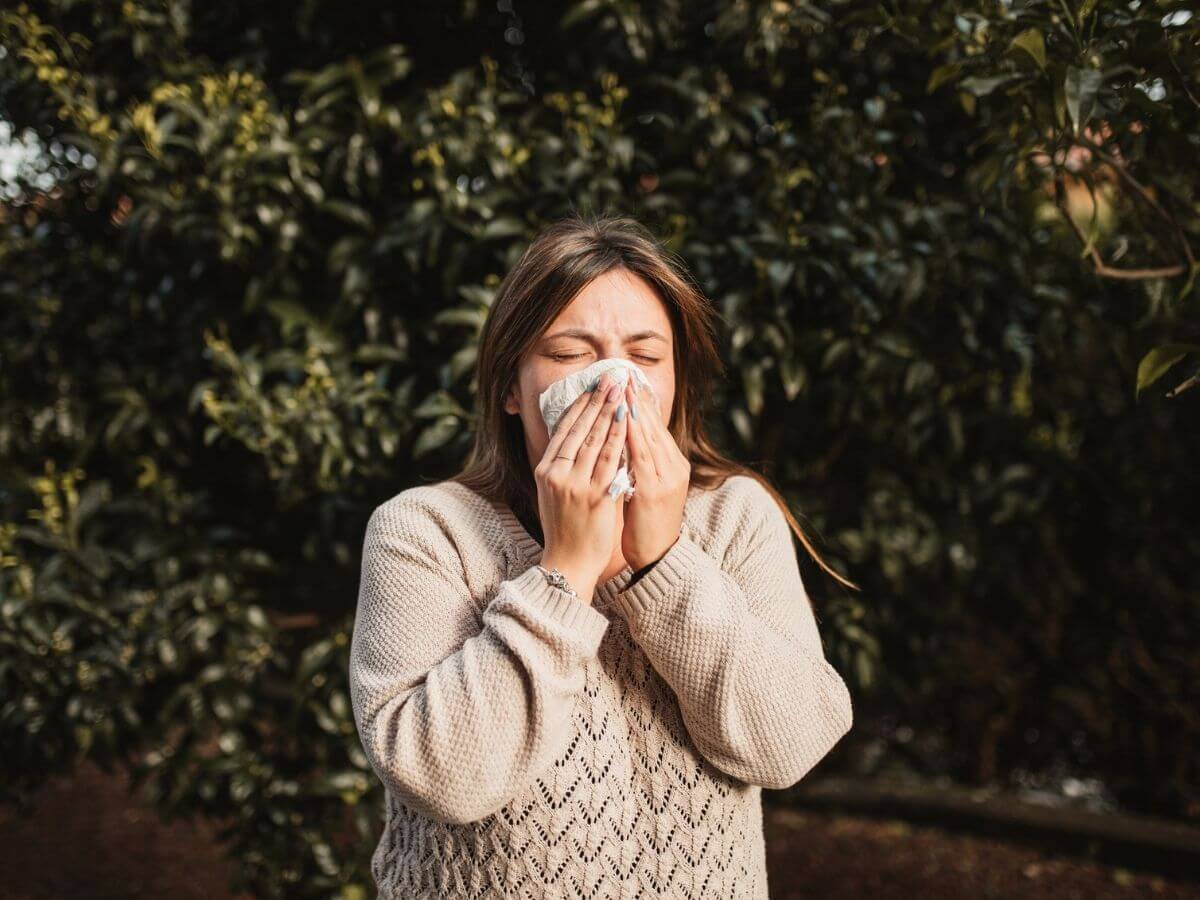Navigating Food Allergies During the Holidays

For people with food allergies or disorders like celiac disease, the fun and excitement of the holidays come with an increased risk of contact with allergens at parties and celebrations. Foods prepared by others may have ingredients that can cause an immune or digestive system reaction, which can quickly the joy out of the season’s tastiest treats. Fortunately, there are steps you can take to minimize the risk to you and your family.
Common Food Allergies and How to Celebrate the Holidays with Them
The most common sources of food allergies are tree nuts, eggs, milk, soy, wheat, peanuts, fish and shellfish. If you or a loved one has a food allergy, you are familiar with the causes and consequences.
For those who do not have a food allergy, a quick overview can be helpful. Food allergies occur when the body mistakenly identifies a food as a harmful “invader” and releases chemicals like histamine to deal with the “attack.” Unfortunately, this response actually causes symptoms that can range from uncomfortable to life-threatening.
A mild or moderate food allergy response may include:
- Hives (swollen, red, itchy skin)
- Nasal congestion or a runny nose
- Itching in the ear canal or mouth
- Coughing or sneezing
- Red skin around the eyes or mouth
- An odd taste in the mouth
- Worsening of eczema symptoms
- Stomach pain, nausea or vomiting
- Diarrhea
A severe reaction may include:
- Difficulty swallowing
- Swelling of the throat, tongue or lips that inhibits breathing
- Wheezing or shortness of breath
- Skin turning blue
- Feeling weak, faint or confused from dropping blood pressure
- Loss of consciousness
- Weak pulse
- Chest pain
- Feeling fearful or panicked
Experts say as many as 15 million Americans have food allergies. The reaction to an allergen is known as anaphylaxis, and it is treated with a drug called epinephrine. If someone is having a serious food allergy reaction, it is important to administer the epinephrine or other drug prescribed by their doctor as soon as possible.
Tips for Food Allergy Safety Around the Holidays
Below are some things you can do to protect yourself, or your loved ones who have food allergies, so that they can enjoy holiday events.
- Talk with the host about your or your loved one’s food allergy. The sharing of information on what food will be served is key to avoiding allergens.
- Take a dish. Prepare something that you and your allergic loved one enjoy and can eat safely. You may want to place the food away from the buffet table to avoid cross-contamination.
- See if guests would be willing to make ingredient cards. Listing what a dish was made with is easy and can give people with food allergies more freedom to enjoy the spread.
- Host your own party. It is easier to control what foods will be served if you invite family and friends to your home.
- Discuss the “food rules” with children who have food allergies. On the way to an event, remind your kids that they should ask you before eating any food. For children who are too young to follow the rules, have a strategy with your partner or a friend for alternating supervisory duties.
- Eat before the event. Have a meal in advance of a gathering so you and your children are not as tempted to “experiment” with party foods you are unsure about.
- Take medication with you. Be sure you have plenty of epinephrine or other prescribed allergy drugs with you in case you or an allergic individual accidentally ingests an allergen. If you are far from home, know the location of the nearest emergency room.
With proper precautions, there is no reason why most people with food allergies or celiac disease cannot attend and enjoy holiday parties.



